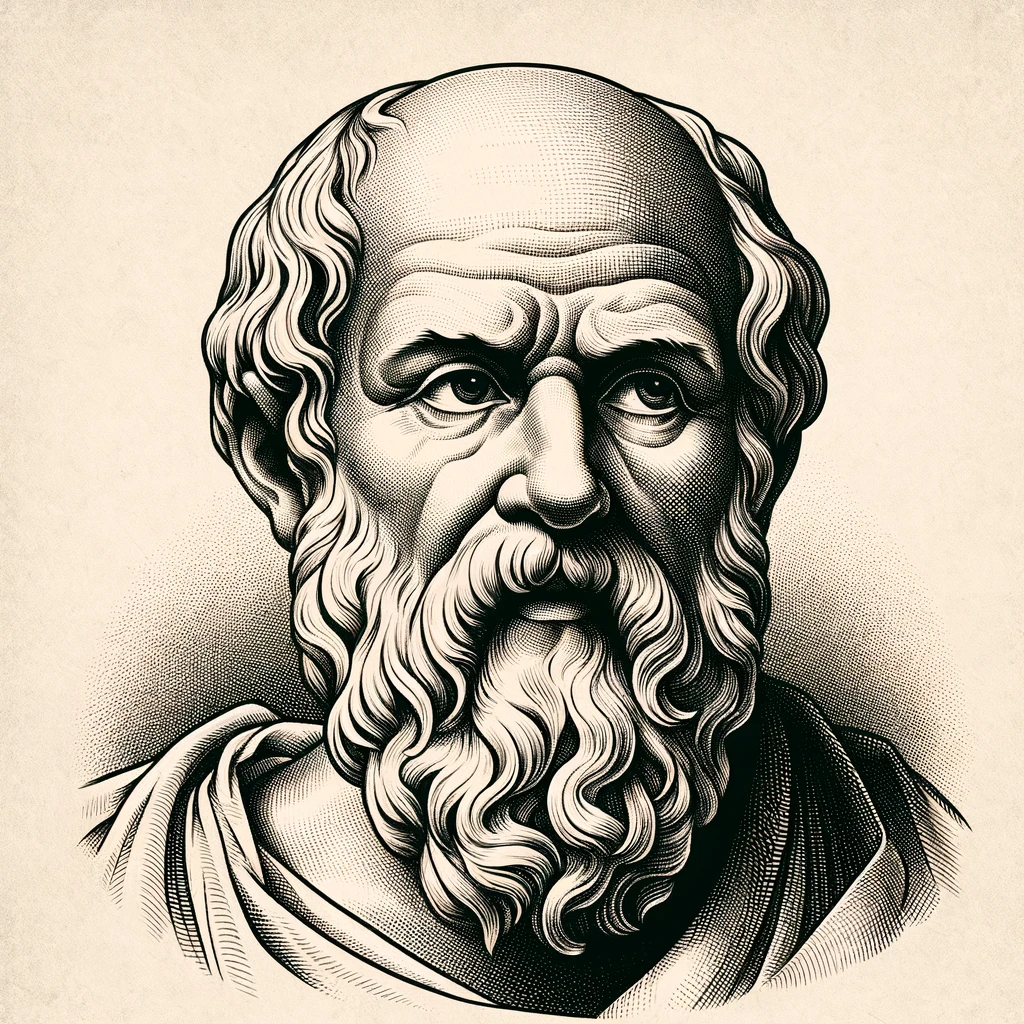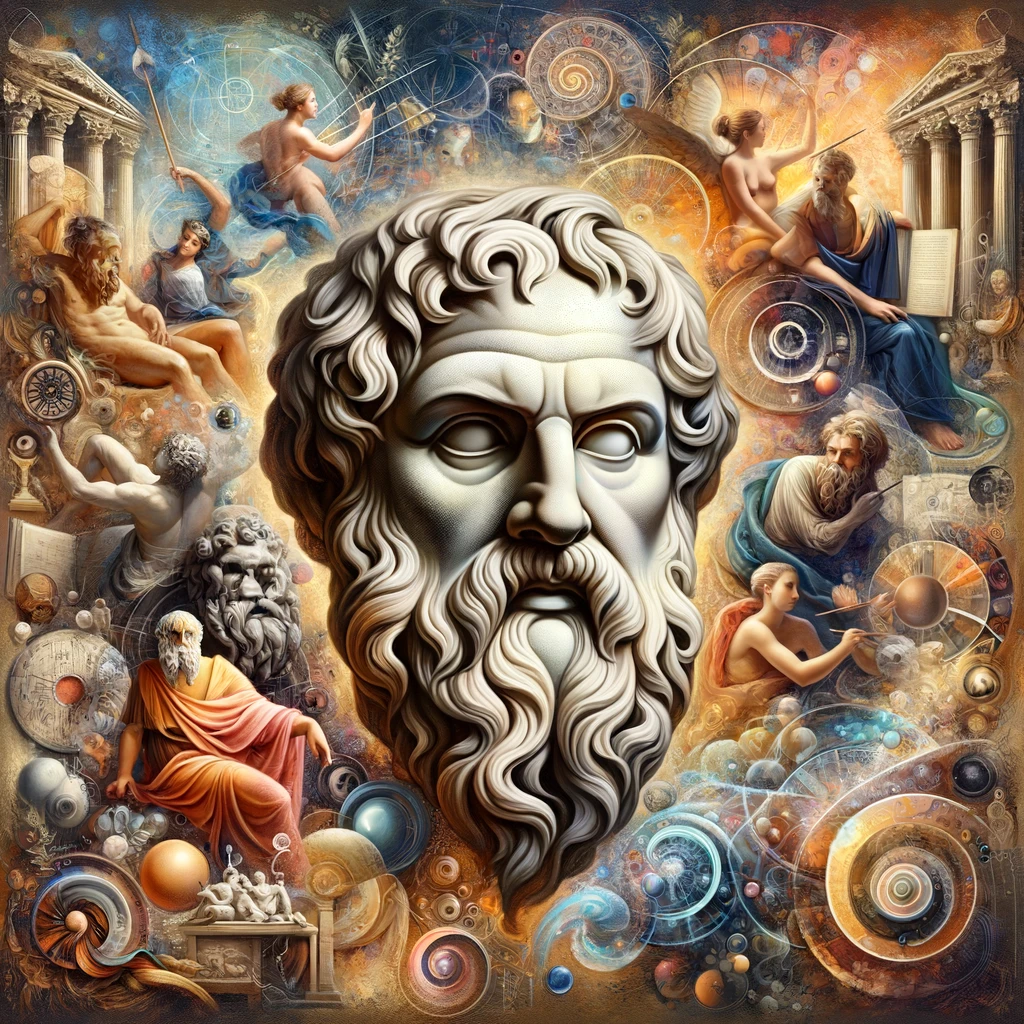Stoicism, as a philosophy, was founded by Zeno of Citium in the 3rd century BCE. Zeno was a Greek philosopher who developed the core principles and teachings of Stoicism. However, it was the later Stoic philosophers such as Epictetus, Seneca, and Marcus Aurelius who contributed significantly to the popularization and refinement of Stoic philosophy.Among them, Marcus Aurelius is perhaps the best known for his writings on Stoicism. His book “Meditations” provides valuable insights into Stoic principles and practical guidance on how to apply them in daily life. Marcus Aurelius, as a Roman Emperor, faced numerous challenges and used Stoic philosophy as a means to navigate the complexities of ruling an empire while maintaining personal integrity and inner peace.While these philosophers are notable figures associated with Stoicism, it is important to note that Stoic philosophy transcends any single individual. Stoicism is a philosophical tradition that has influenced many thinkers throughout history and continues to resonate with individuals seeking personal growth, resilience, and tranquility in the face of life’s uncertainties.
In today’s fast-paced and unpredictable world, finding inner peace and maintaining emotional balance can often feel like an elusive goal. However, the ancient philosophy of Stoicism offers valuable insights and practical teachings that can guide us on this journey. With its emphasis on resilience, self-control, and acceptance of the things we cannot change, Stoicism has the power to transform our mindset and bring about a greater sense of calm amidst the chaos. In this blog post, we will explore the core principles of Stoicism and discover how they can help us navigate life’s challenges with grace and serenity.
Stoicism originated in ancient Greece and was later embraced by many notable figures, including Marcus Aurelius and Seneca. At its core, Stoicism teaches us to focus on what is within our control and let go of attachments to external outcomes. By recognizing that our thoughts and actions are the only things truly within our power, we can cultivate a sense of inner resilience and freedom.
Stoicism encourages us to cultivate emotional resilience by practicing mindfulness, reframing our perspectives, and embracing the power of acceptance. By accepting that we cannot control external events, we can shift our focus inward and develop a greater capacity to navigate life’s ups and downs with equanimity. Stoicism teaches us that our reactions to events are within our control, and by choosing a rational and calm response, we can maintain a sense of peace amidst adversity.
One of the fundamental principles of Stoicism is the concept of the dichotomy of control. It teaches us to distinguish between things that are within our control, such as our thoughts, actions, and attitudes, and things that are beyond our control, such as external circumstances and the actions of others. By focusing our energy on what we can control and relinquishing our attachment to outcomes we cannot control, we can free ourselves from unnecessary stress and anxiety.
Stoicism emphasizes the importance of living in alignment with virtue and moral excellence. By cultivating qualities such as wisdom, courage, justice, and self-discipline, we can lead a more meaningful and fulfilling life. Stoics believe that true happiness and fulfillment come from developing our character and aligning our actions with ethical principles.
The teachings of Stoicism are not meant to be purely theoretical but rather practical tools for living a better life. We can apply Stoic principles in our daily lives by practicing gratitude, embracing challenges as opportunities for growth, and focusing on the present moment. By integrating these teachings into our routines and mindset, we can experience greater peace, resilience, and fulfillment.
Stoicism offers us a profound philosophy to navigate the complexities of life with grace and tranquility. By embracing the principles of Stoicism, we can cultivate emotional resilience, find inner peace, and live in alignment with our values. While the ancient Stoics may be long gone, their wisdom continues to inspire and guide us in our quest for a meaningful and fulfilling existence. Let us embrace Stoicism as a valuable compass to navigate the storms of life and find solace in the pursuit of wisdom and virtue.









